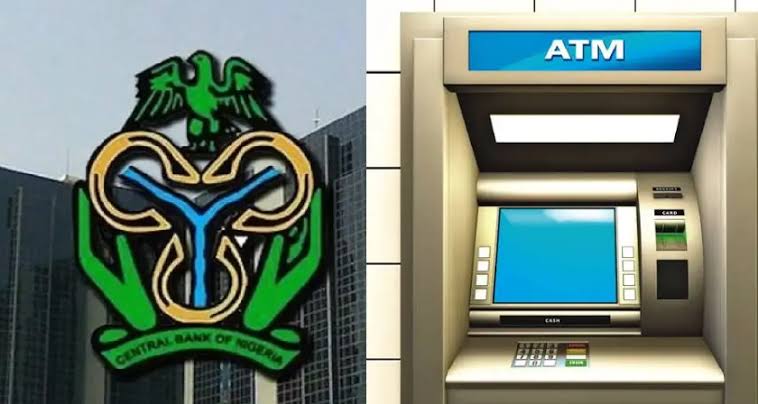
The Central Bank of Nigeria (CBN) has come under pressure to withdraw its newly introduced Automated Teller Machine (ATM) transaction fees, following opposition from the Socio-Economic Rights and Accountability Project (SERAP).
The advocacy group has issued a 48-hour ultimatum to the CBN governor, Mr. Olayemi Cardoso, demanding an immediate reversal of what it describes as an “unlawful, unfair, unreasonable, and unjust” policy.
SERAP, in an open letter dated February 15, 2025, and signed by its deputy director, Kolawole Oluwadare, expressed concerns that the increase in ATM fees would disproportionately impact low-income Nigerians, further worsening the already dire economic situation.
The organization urged the CBN to reconsider the policy, emphasizing. It said, “The exercise of CBN statutory powers and functions should not inflict misery on poor Nigerians and contribute to human rights abuses.”
The controversial fee increase was recently announced by the CBN as part of its updated banking regulations. Under the new policy, ATM withdrawals conducted at machines owned by a bank but located outside its branch premises will now attract a fee of N100 per N20,000 withdrawn. Additionally, ATM withdrawals at shopping centres, airports, and standalone cash points will incur an extra surcharge of up to N500 per N20,000 withdrawal. These charges are set to take effect from March 1, 2025.
SERAP strongly criticized the policy, arguing that it favours commercial banks at the expense of ordinary citizens. “The increase in ATM transaction fees ought to have been shouldered by wealthy banks and their shareholders, not the general public. This policy benefits the CBN and financial institutions while making life harder for struggling Nigerians,” the letter stated.
The group also highlighted that banks continue to declare massive profits, often at the expense of their customers. “CBN policies should not be skewed against the poor while heavily favouring banks that rake in trillions of naira in profits. The government of President Bola Tinubu has repeatedly promised to address poverty, yet this decision directly contradicts that commitment.”
As part of its ultimatum, SERAP warned that if the CBN fails to act within the stipulated 48 hours, it will take legal action to challenge the policy in court. “We would be grateful if the recommended measures are taken within 48 hours of the receipt and/or publication of this letter. If we have not heard from you by then, SERAP shall take all appropriate legal actions to compel you and the CBN to comply with our request in the public interest.”
